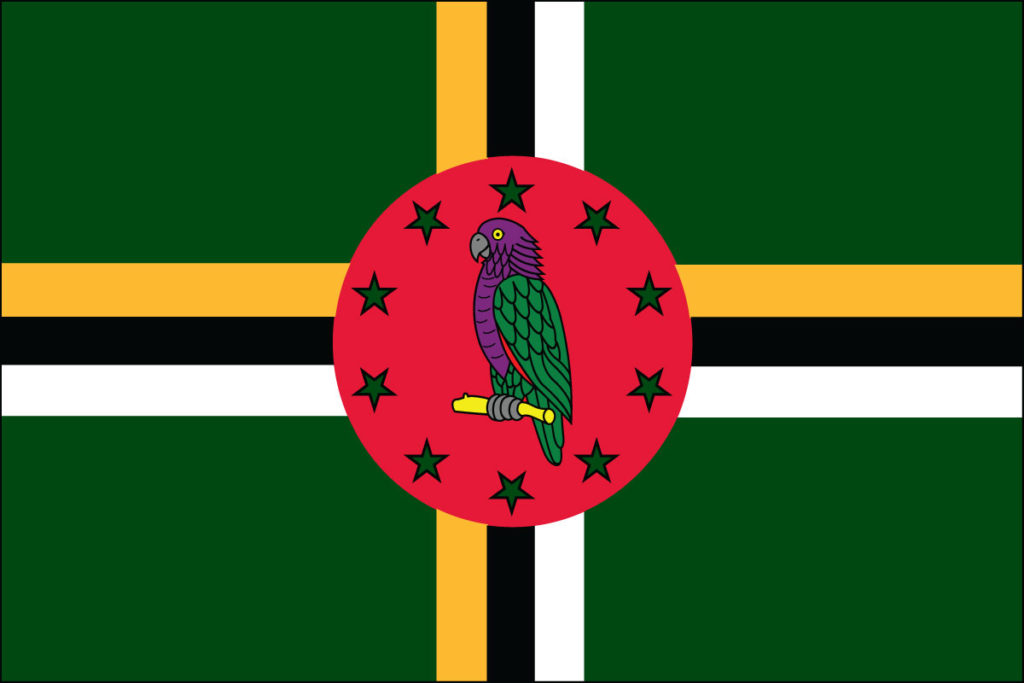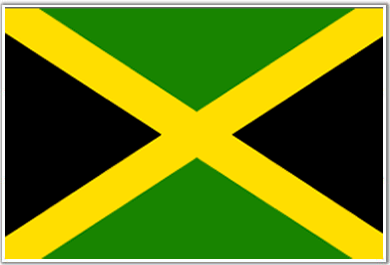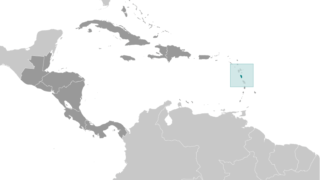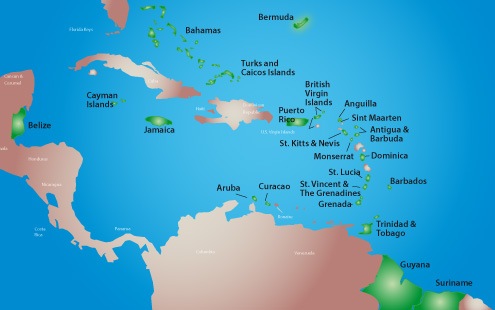2 gay men, 2 countries, 2 lawsuits, 1 goal
Maurice Tomlinson of Jamaica and Canada has been involved in…
Commentary: Two gay men from Jamaica and Dominica share not only vivid, soul-crushing experiences but also a resolve to overturn homophobic laws.
By Maurice Tomlinson


I am an openly gay man, born and raised in Jamaica. When I lived in my home country, I feared for my life every day. My privilege as a middle-class lawyer gave me a limited, but false, sense of security. This “privilege” didn’t stop the casual death threats hurled my way with total impunity by my fellow Jamaicans, nor did it save me from the resulting post-traumatic stress disorder with which I contend even today, on the streets of my adopted country, Canada. I doubt I’ll ever be free of the horrors that have been inflicted upon me, for simply being who I am.
The memories themselves are vivid and soul-crushing. I recall once reaching out to the Jamaican police for help when I was sent a hateful message telling me I would “fucking die” for being gay. Instead of sympathy and justice, I was met by an officer who enthusiastically affirmed his own hate for gays who “made him totally sick.” I know firsthand what it’s like to be disrespected, threatened, bullied and much, much worse.
But this is not my story alone. This story is grievously shared by millions of LGBTQ+ people across the world, especially in the Caribbean region where the last anti-gay laws in the Western Hemisphere still exist.
And it is the story of my friend and ally, who lives in Dominica and remains in constant fear for his life. He is unable to tell you himself that he has just filed a landmark court case challenging his country’s hateful and homophobic laws. His anonymity is now more crucial than it has ever been. While he already faces abuse and hate, he knows the launch of this legal challenge could provoke a reaction that could end his life. So while he is required to be named in private court proceedings, to the public he can be known only by his initials.
I know all too well the backlash he could face if his identity were to be revealed for I, too, am challenging the Government of Jamaica’s anti-sodomy laws that would make me a criminal and see me spend up to ten years in prison at hard labor. Upon my release I would have to register as a sex offender and carry a ‘pass’ at all times or face a fine of J$1million (about CAD$10,000 or U.S. $7,400) and another year in prison.

This is why I am the one telling his story, my story, our story. It is the story of so many LGBTQ+ people around the world whose human rights are being horrifically trampled each and every day.
This man, my friend, has been called names too horrible to repeat, harassed and assaulted both with words and weapons, violently attacked and left for dead.
You see, being openly gay in the Caribbean comes with a lot of the discrimination with which the international LGBTQ+ community is all too familiar. Homophobic hostility, harassment, threats and physical assaults are commonplace and rarely reported. My friend has faced all of the above, including a vicious rape in his own home that was unequivocally and unapologetically ignored by police.
In Dominica this hateful conduct is condoned, in fact encouraged, by laws that continue to criminalize the sexual activity of consenting same-sex adults. Dominica’s Sexual Offenses Act outlaws “buggery” and “gross indecency,” with the latter offence explicitly excluding straight couples from prosecution. A conviction for “gross indecency” could result in a 12-year prison term, while a conviction for “buggery” could lead to a ten-year prison term, and the possibility of forced psychiatric confinement.

This is a homophobic hangover from laws that were imposed during colonization. But while 52 years ago Britain herself decriminalized homosexuality, not all of her former colonies followed suit. The majority of Commonwealth countries still have laws specifically targeting LGBTQ+ people.
With courts having recently overturned homophobic laws in Dominica’s sister countries of Belize and Trinidad, and with ongoing cases in Jamaica and Barbados, the entire Caribbean region is paying very close attention. A favorable court decision in Dominica would set a persuasive precedent for its neighbors and undoubtedly the wider Commonwealth. The man at the center of this critical case has put a target on his back to fight an extremely personal and local battle, but he remains motivated by its intended global consequences. In his own words, “no one deserves to feel afraid for simply existing. No one should ever face harassment and abuse for being who they are.”
The law isn’t just discriminatory; it incites the type of everyday street-level persecutions that have driven my friend and others like him underground, and forced those with the means and opportunity to flee to safe havens in other countries around the world. Winning this case could proffer the people of Dominica the important, life-affirming option to stay in their home country. Not everyone can flee, and not everyone wants to.
The lawsuit itself has been formally filed in Dominica with direct support from my organization, the Canadian HIV/AIDS Legal Network, and other like-minded human rights groups. It is clear that this life-or-death problem cannot be left to governments to fix. Litigating liberation has been shown in the United States, Belize, Trinidad and Tobago, India and Botswana to be the most effective way of ending these laws when governments are either too slow or too cowardly to act. Courts can make binding decisions obliging a country to change its laws. Changing hearts and minds must follow quickly thereafter.
Telling my friend’s story is difficult. His fear is painfully shared by too many, but his hope and willingness to fight is shared by many more. The state has no business policing the sex lives of consenting partners — a matter of respect for privacy, dignity and equality that is important not just for LGBTQ+ people, but for all Dominicans and indeed for everyone, everywhere.




St. Vincent: Condemn homosexuality but embrace adultery?